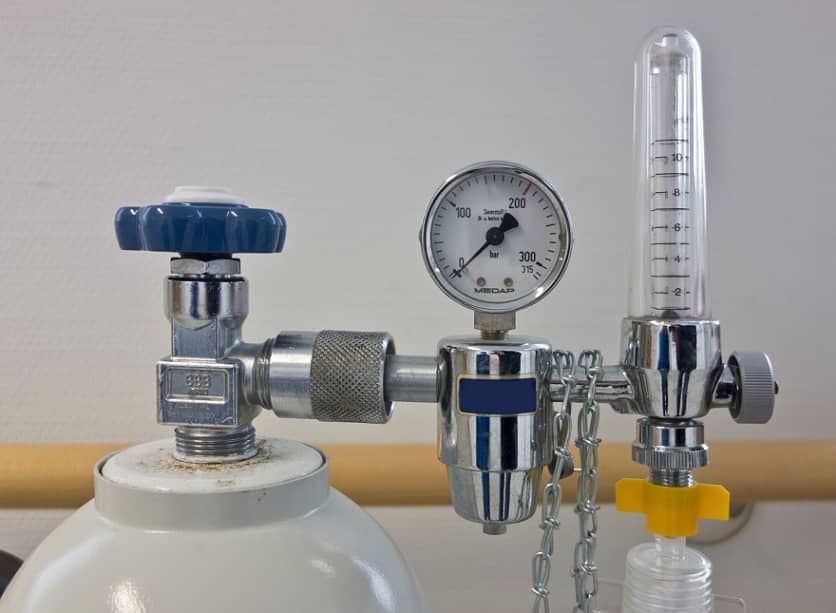Have you noticed that finding gas canisters for sale has been getting harder?
A gas cylinder may be convenient, but they need to be handled with care to avoid accidents. You see, certain types of gas cylinders, such as LPG, are quite the attractive but hazardous.
Having your own LPG cylinder is incredibly handy. But with storage, handling, and transporting them, there’s a bit to know.
So let’s dig in.
Where and How To Store Gas Cylinders
Ensure that gas cylinders are kept upright and only handle them when necessary. A protective metal cage should be used to store the gas cylinders. The cages should be well-ventilated and placed in an area where the temperature stays between 40-104 degrees Fahrenheit.
Before storing, always ensure that the gas cylinder is free of dirt or debris, and never keep them in a damp location. Always store your gas cylinders with the valve facing down to prevent leakage.
Gas cylinders should be stored away from flammable materials such as fuels, oils, solvents, and combustible substances. Maintain a safe distance to minimize the risk of fire or combustion.
How To Properly Handle Gas Cylinders
Never attempt to lift heavy gas cylinders by yourself. Lift and carry cylinders using mechanical equipment or cylinder carts designed for that purpose.
Avoid dropping, rolling, or dragging cylinders. These can damage the cylinder valve or leak. Always wear protective gear like gloves, face shields, and protective face masks when handling and transporting gas cylinders.
Make sure to label cylinders to identify their contents. The calibration gas cylinder available here, for example, are 4-glass blends. So if you happen to have one, make sure you label it clearly.
Only use safe equipment for gas detector calibration and only use industry-standard gas power blenders. If summer is approaching, use a summer gas blend for your safety.
How To Inspect for Damages
Inspecting the cylinder and its connections for any signs of damage is also essential. Regular maintenance should be conducted to ensure the product is free of corrosion, rust, and other damage.
If gas cylinders are exchanged, inspect the threading and standards, including the pressure valves. Damaged cylinders should be removed from service and properly disposed of or returned to the supplier for inspection and repair.
Be Prepared for Emergencies
Different gasses can react with each other, potentially leading to hazardous situations. Store incompatible gasses separately to prevent cross-contamination or reactions that could result in leaks, explosions, or fires.
Have emergency procedures in place, including knowledge of gas-specific hazards, evacuation plans, and contact information for emergency services. Ensure that everyone knows where the fire extinguisher is.
Follow These Gas Cylinder Safety Tips
Gas cylinders should be handled and stored correctly to prevent any accidents. Always use the correct techniques when lifting, transferring, and securing a gas cylinder. Inspect the cylinder regularly and always keep it away from sources of heat and away from public access.
Adhere to safety protocols and procedures for the best levels of safety. These tips will help ensure the safe use of gas cylinders, protecting yourself and others. Keep these safety tips in mind for your protection.
Did you like this post? Great! Visit our blog regularly for more helpful tips.

